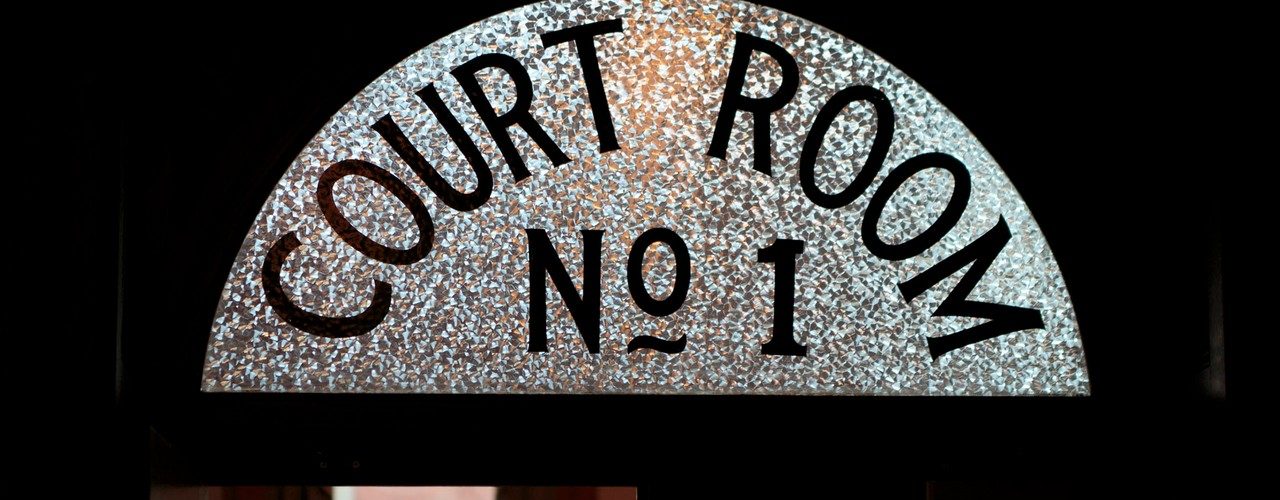On November 27, 2008, the ECJ issued its Order in the case C-156/08 (Vollkommer).
Contect: Article 104(3) of the Rules of Procedure – Sixth VAT Directive – Article 33(1) – Meaning of ‘turnover taxes’ – Real property transfer tax
Article in the EU VAT Directive
Article 33 of the Sixth VAT Directive (Article 401 of the EU VAT Directive 2006/112/EC).
Article 401 (Other taxes, duties and charges)
Without prejudice to other provisions of Community law, this Directive shall not prevent a Member State from maintaining or introducing taxes on insurance contracts, taxes on betting and gambling, excise duties, stamp duties or, more generally, any taxes, duties or charges which cannot be characterised as turnover taxes, provided that the collecting of those taxes, duties or charges does not give rise, in trade between Member States, to formalities connected with the crossing of frontiers.
Facts
- On 3 December 2004, Ms Vollkommer and her husband commissioned a construction company to erect a detached house in Ronnenberg (Germany) at a cost of EUR 196 544.
- By notarial deed of 20 December 2004, they acquired from a real estate company a plot of land that was then still to be developed at a price of EUR 73 870. The latter had acquired this property and other building plots in Ronnenberg under a contract dated June 22, 2004. A development plan was attached to the contract for the purchase of the said property, in which the construction company commissioned by Ms Vollkommer and her husband was indicated.
- According to the referring court, because the managing director of the construction company was also a shareholder in the real estate company, the tax office assumed that there was an interdependence and cooperation between the two companies on the seller side; it followed the case law of the Federal Fiscal Court, according to which in such a case the property to be built on is regarded as the object of the property acquisition process, and included the future construction costs in the property acquisition tax assessment basis.
- By decisions of 11 February and 7 April 2005 respectively, the Finanzamt set the total real estate transfer tax to be paid by Ms Vollkommer and her husband at EUR 9 464, of which EUR 2 585 represents 3.5% of the value of the property and EUR 6 879 3.5% of the construction costs corresponded.
- After unsuccessful objection proceedings, Ms. Vollkommer brought an action and essentially argued that the real estate transfer tax should not cover the construction costs, but only the costs of acquiring the building plot, i.e. only the purchase of the land.
- The referring court finds that the construction costs in the main proceedings are subject to double taxation, since they are subject to both VAT and real estate transfer tax. It wonders whether that cumulation of taxes is not contrary to the Community principle of avoiding double taxation, which is the expression of a general legal principle applicable to tax law and international law.
- The Court refers to the judgment of 8 July 1986 in Kerrutt (73/85 [1986] ECR 2219), in which the Court of Justice held that Community law does not prevent a Member State from including a transaction subject to VAT other transaction taxes, such as the land transfer tax provided for in German law, provided that these taxes do not have the character of sales taxes. However, it is of the opinion that this judgment does not prevent a question from being submitted again about the German tax at issue in the main proceedings, firstly because the factual background is different in that the Kerrutt judgment was based on a complicated situation (Builder model) and the present case is about the construction of a single-family house,
- The referring court points out that the levying of real estate transfer tax on construction costs is liable to distort competition, since prospective developers may prefer to use a construction company that has no connection whatsoever with the seller of the property. This levy would also result in persons buying land for the purpose of building a house being treated unequally in economically comparable situations, since the levying of the tax would depend on whether there was a connection between the seller of the land and the builder or not.
- Some of the tax authorities and various tax law scholars assumed that value added tax and real estate transfer tax, when they relate to the costs of constructing a building, are comparable taxes and that there is therefore double taxation.
Questions
AG Opinion
N/A
Decision (Order)
Art. 33 of the Sixth Council Directive 77/388 / EEC of May 17, 1977 on the harmonization of the laws of the Member States relating to sales taxes – Common VAT system: uniform taxable assessment base in the version of Council Directive 91/680 / EEC of December 16 1991 is to be interpreted in such a way that it does not prevent a member state from including future construction works in the assessment base for the calculation of transfer taxes such as the “real estate transfer tax” under German law when purchasing land that is still undeveloped, and thus a process that is subject to VAT under the Sixth Directive must also be charged with these additional taxes, provided that these do not have the character of sales taxes.
Personal comments/VATupdate
Source:
Similar ECJ cases
How did countries implement the case? Your feedback appreciated! Let us know
Newsletters















